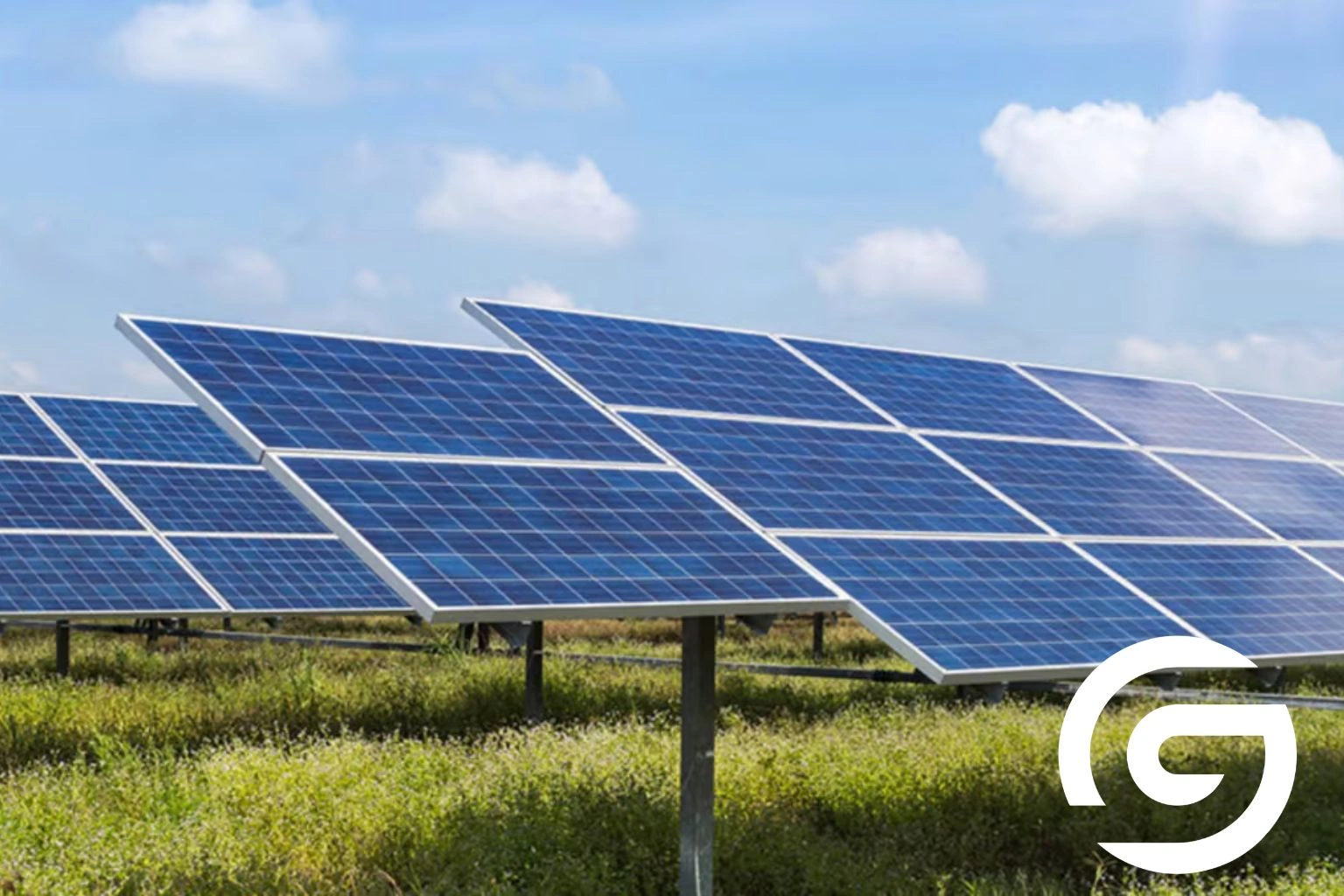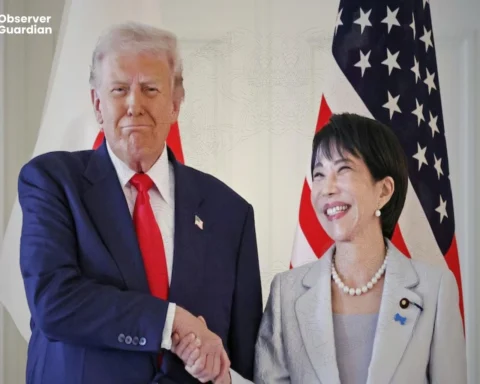The government is considering new taxes on solar panels and internet services to meet the revenue goals agreed with the International Monetary Fund. The proposal includes raising the sales tax on imported solar panels from 10 percent to 18 percent and increasing the withholding tax on internet services from 15 percent to about 18 or 20 percent. These steps are being discussed to help close the revenue gap under the IMF program.
Officials said that the decision will depend on the performance of tax collection in the coming months. The government is under pressure to raise more income without widening the fiscal deficit. The new tax measures are part of efforts to ensure financial discipline and continue receiving IMF funding for economic stability.
Proposed Tax Plans
According to the plan the sales tax on imported solar panels could be raised from 10 percent to 18 percent starting next year. This increase could generate billions of rupees in additional revenue. For internet services the withholding tax might also rise to 18 or 20 percent which would help expand the tax base and bring in more money quickly.
The Federal Board of Revenue believes that these measures will help the government meet its financial targets and reduce borrowing needs. However the plan will only be applied if revenue growth falls short of expectations. The authorities say they will take care to balance collection goals with the need to protect consumers from unnecessary hardship.
Petrol Prices Likely to Drop Across Pakistan From October 16
Possible Effects on Consumers and Businesses
If these taxes are approved the cost of solar panels and internet services is expected to rise. A higher tax on solar imports could slow down the use of renewable energy while the internet tax could raise monthly bills for homes offices and businesses that rely on broadband connections.
Experts warn that increasing taxes on digital services could hurt small businesses freelancers and students who depend on affordable internet. On the other hand the government insists that these changes are necessary to keep the economy stable and fulfill international financial commitments.







